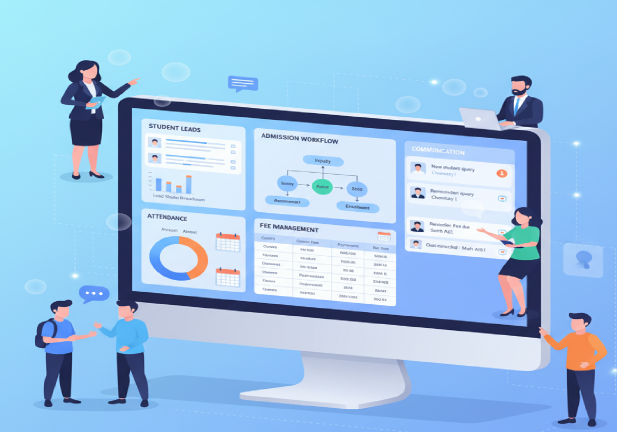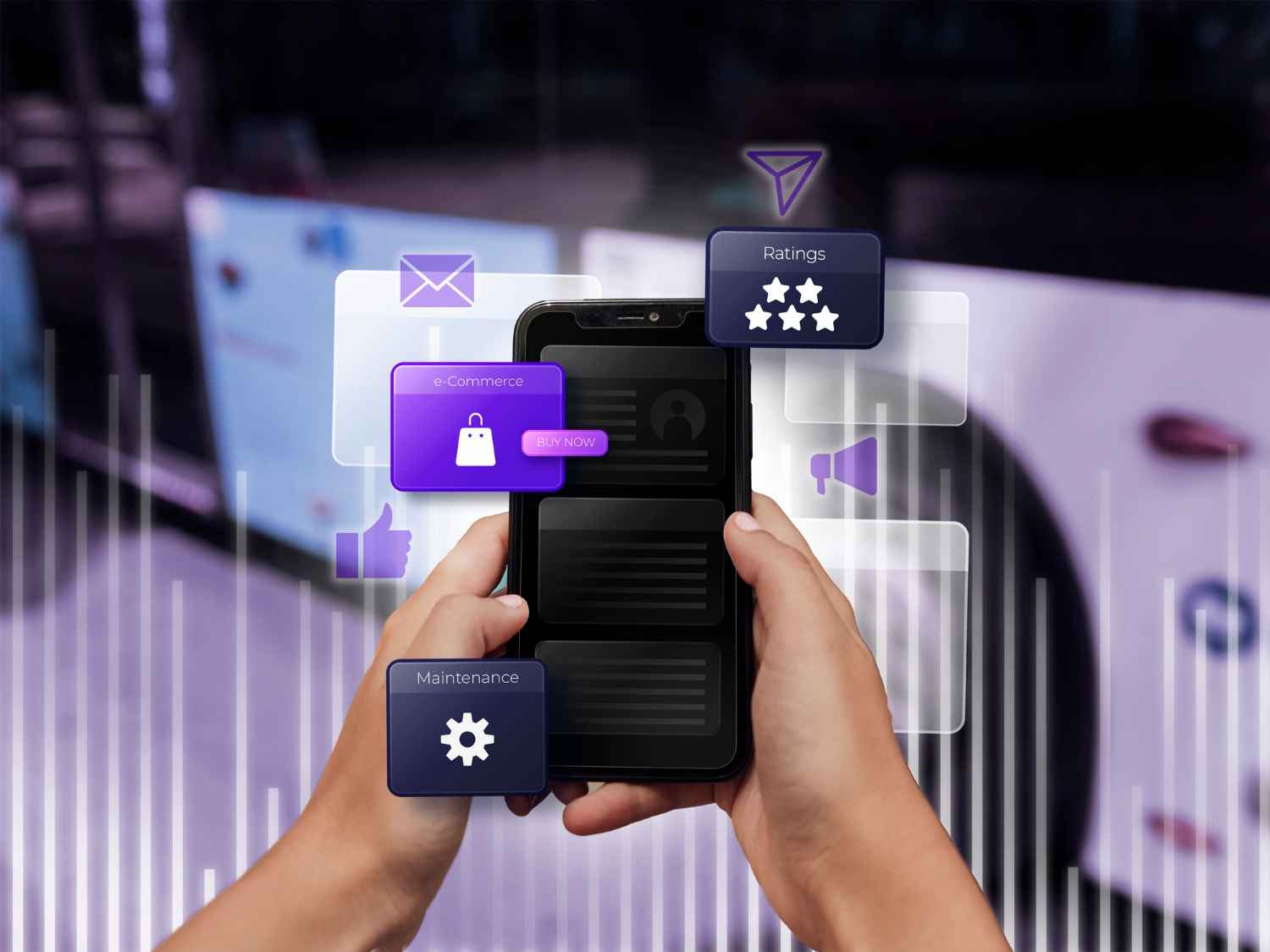Mobile apps have become an inseparable part of our daily lives, making our smartphones the indispensable tools we rely on for a myriad of tasks and entertainment. From scrolling through social media to boosting our productivity, mobile apps have revolutionized the way we interact with technology. At the heart of this digital transformation is the integration of Artificial Intelligence (AI) into mobile apps. In this blog, well delve into the profound impact of AI on mobile apps and how Mobile App Development Companies, specializing in Android and iOS app development, are embracing this cutting-edge technology to create innovative and user-centric solutions.
Enhanced Personalisation and User Experience
Artificial Intelligence (AI) has revolutionized the personalization of mobile applications by utilizing behavioural analysis, user preferences, and past data to provide personalized content and suggestions. From playlists suggested by music streaming services to product recommendations in e-commerce applications, AI algorithms adjust to the individual user, resulting in more engaging and meaningful interactions.
Natural Language Processing and Conversational Interfaces
The implementation of NLP in mobile applications has led to the emergence of virtual assistants and conversational bots that are capable of comprehending and responding to human speech. These applications allow users to complete tasks, search for information, and even purchase products through straightforward conversations. Examples of NLP in customer service applications include Siri and Google Assistant, as well as chatbots.
Image and Voice Recognition
Artificial Intelligence (AI)-driven image and voice recognition technologies are increasingly being used in mobile applications to provide new functionalities. Through image recognition, applications can recognize objects, scenes, and even individuals, allowing them to create augmented reality filters, facilitate visual search, and provide accessibility tools for visually impaired users. On the other hand, voice recognition is used to power voice assistants and enable voice commands for various application features, thus further streamlining user interactions.
Predictive Analytics and Behaviour Forecasting
Artificial intelligence (AI)-powered predictive analytics helps mobile apps predict what users want and what they’re likely to do. By analyzing your app’s user data, you’ll be able to suggest the next song on your playlist or suggest nearby restaurants to your users. These predictions improve user engagement and help you make better decisions.
Healthcare and Wellness Applications
AI’s influence also extends to health and wellness apps. Whether it’s keeping an eye on your vital signs, tracking your sleep patterns, or helping you manage your mental health, AI algorithms will be able to analyze the data collected from your wearable device and provide you with valuable insights into your overall health. These apps help you manage your health and well-being in real time, so you don’t have to worry about missed appointments or missed appointments.
Enhanced Security and Fraud Detection
Artificial Intelligence (AI) is increasingly being incorporated into mobile applications for security reasons. AI-driven biometric authentication techniques, such as facial and fingerprint recognition, provide secure alternatives to conventional passwords. Furthermore, AI algorithms assist in the detection and prevention of fraudulent activities by analysing user behaviour and transactions.
Automated Customer Support
Chatbots powered by Artificial Intelligence (AI) are revolutionizing customer support. These bots are capable of responding to a broad variety of customer inquiries in real time, offering immediate assistance and 24/7 support. Not only does this enhance customer satisfaction, but it also significantly reduces the workload of human support agents.
Gaming and Entertainment
Artificial intelligence (AI) has had a significant impact on gaming and entertainment through innovations such as dynamic difficulty scaling, personalized content recommendation, and realistic non-player character (NPC) interactions. These innovations have resulted in more immersive and engaging user experiences.
Conclusion
Artificial intelligence (AI) in mobile apps is changing the way we use our devices and how we interact with the services they offer. Whether it’s personalization, conversational interfaces, predictive analytics, or security improvements, AI’s impact is profound and wide-ranging. As AI’s capabilities continue to expand, we can look forward to even more cutting-edge and revolutionary applications in mobile apps. Whether it’s enhancing user experiences, optimizing business processes, or advancing areas such as healthcare, entertainment, and more, there’s no denying that AI is at the forefront of mobile app development.











.jpg)
